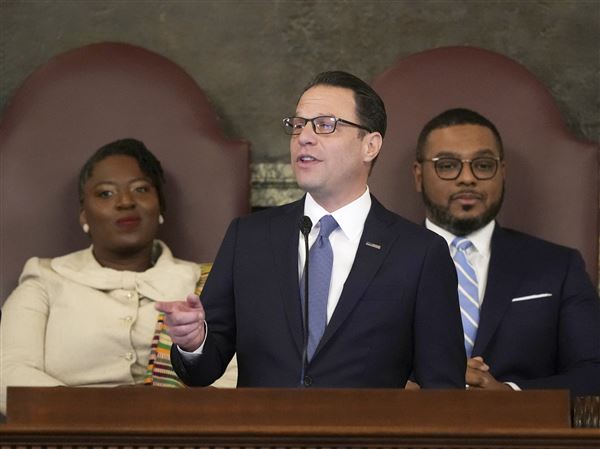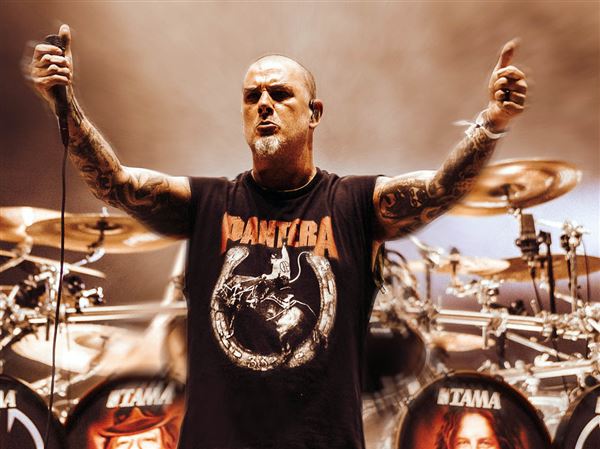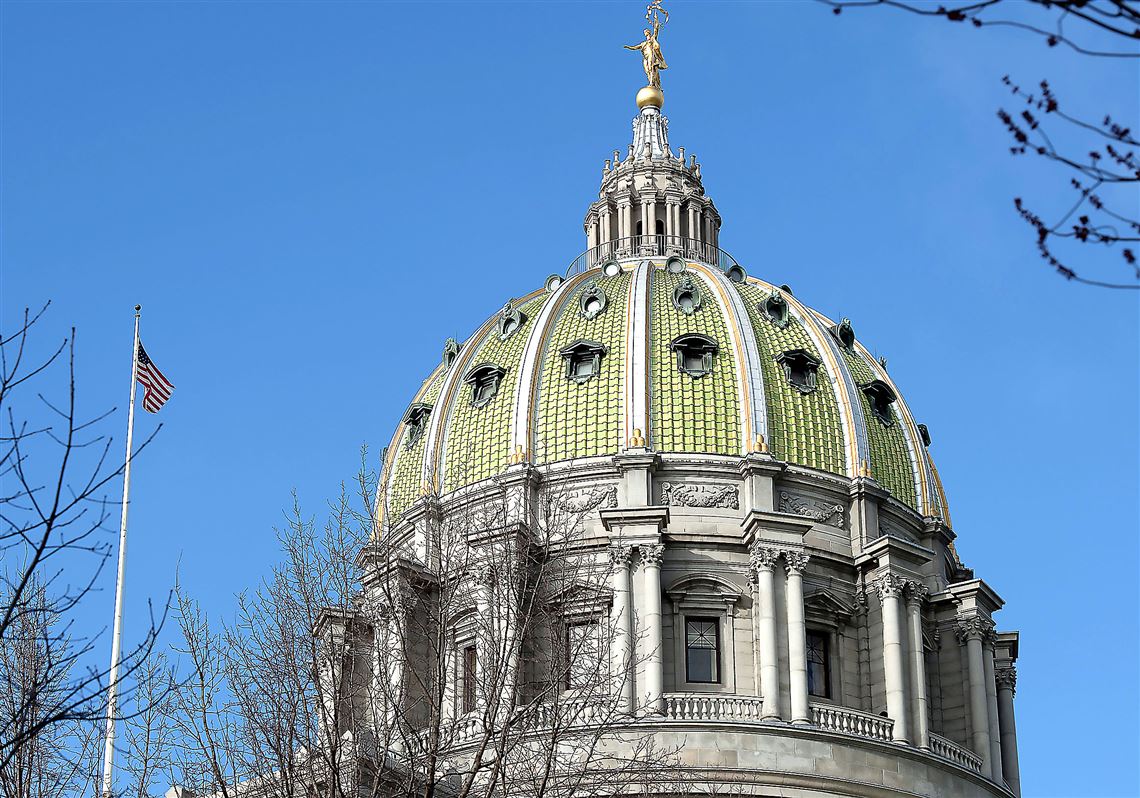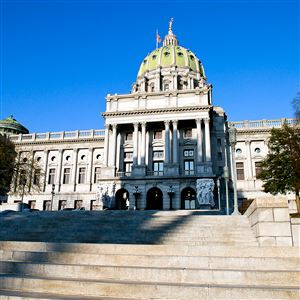After years of wrestling with the issue, Pennsylvania’s Republican-controlled Legislature is sending Gov. Tom Wolf legislation to reduce public employee pension costs for state workers and public school teachers.
Legislators in the House of Representatives on Thursday followed their Senate colleagues in approving a bill that would shift at least some benefits for future state and public schools employees into 401(k)-style plans.
The goal is to create pension system that will not leave taxpayers entirely liable for backing public employee pensions. Some critics have said the changes would do little to address the crushing, $62 billion debt held by the state’s two biggest pension funds. And some Democrats have balked at shifting away from the state’s traditional and more generous benefit plan, which they argue helps attract good workers and ensures them a safe retirement future.
Mr. Wolf, a Democrat, has said he supports the measure and is expected to sign it.
“This is groundbreaking legislation,” state Rep. Mike Tobash, R- Schuylkill, who has been key to pension reform efforts in recent years, said on the House floor Thursday. “Some will say that this not a full loaf … but this pension problem we’ve got is crushing our schools, it is destroying our budgets.”
The legislation, said Mr. Tobash, “is forward thinking. It is proactive.”
The bill would affect only future state and public school employees who receive benefits through the state’s two big pension funds.
Under the proposal, new employees, starting in 2019, would be given two options. They could choose a hybrid plan that steers a portion of their pay into a 401(k)-style plan, with the rest of their pay into accounts receiving the current pension benefit (based on years of service and the highest three years of pay). Or they could switch entirely into a 401(k)-style plan.
Current employees could opt in, but would not be forced to participate in the new plans. Legislators have determined that doing so would lead to years of litigation.
Current legislators, too, as well as judges, would not be forced to switch — a controversial provision.
State troopers and corrections officers hired in the future would be exempt from the changes, and current retirees would not lose benefits.
Angela Couloumbis: acouloumbis@phillynews.com.
First Published: June 8, 2017, 3:43 p.m.


















